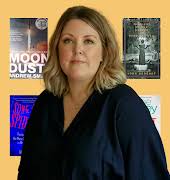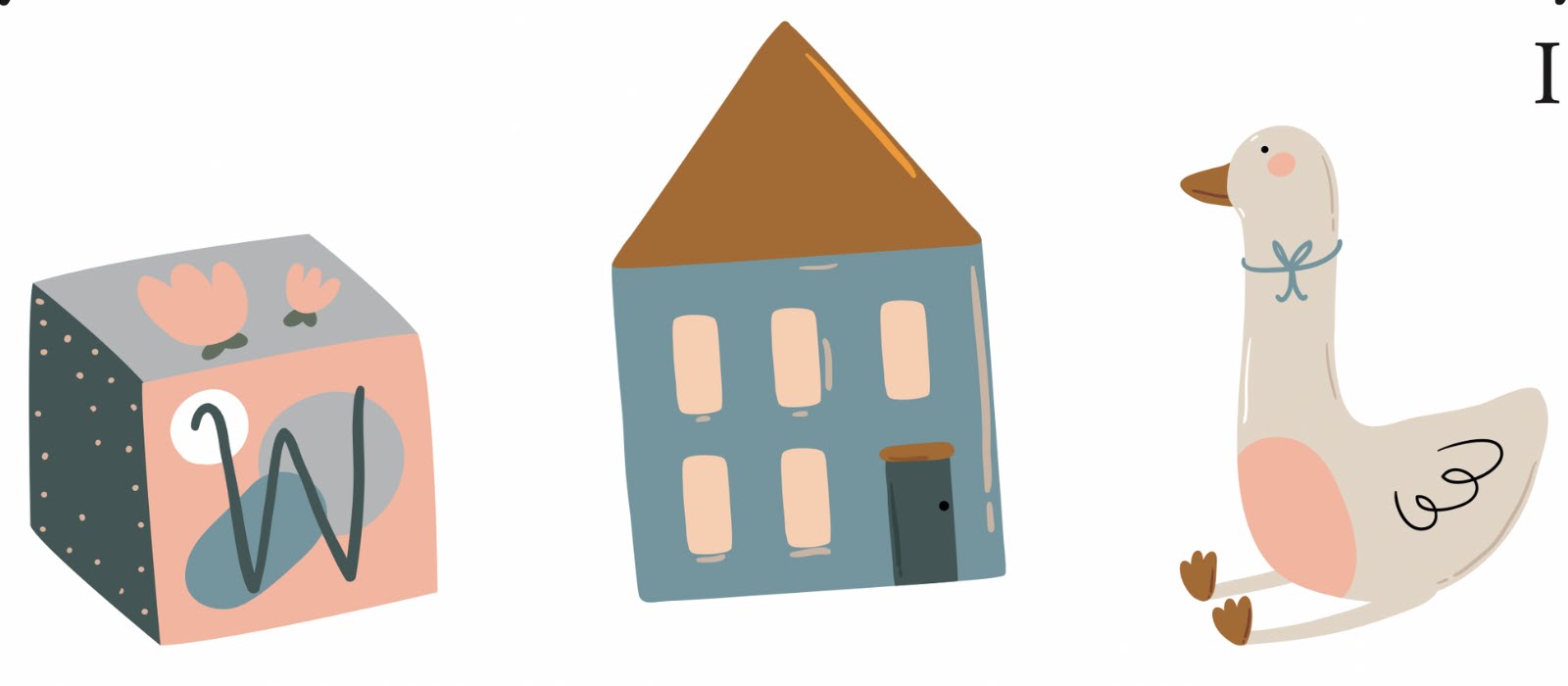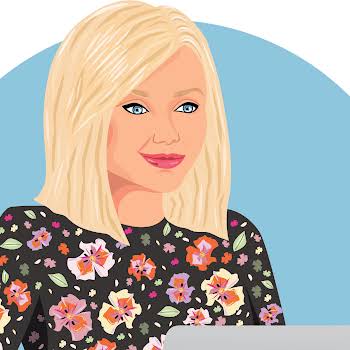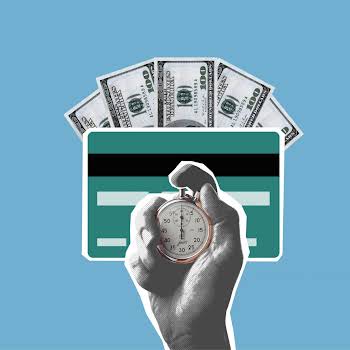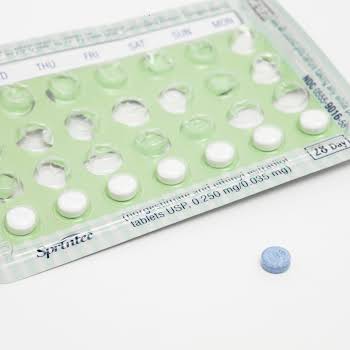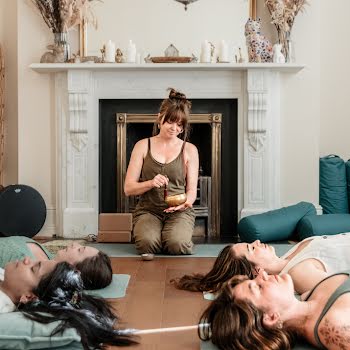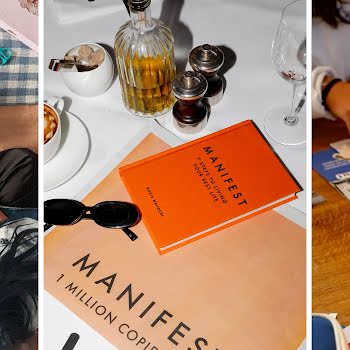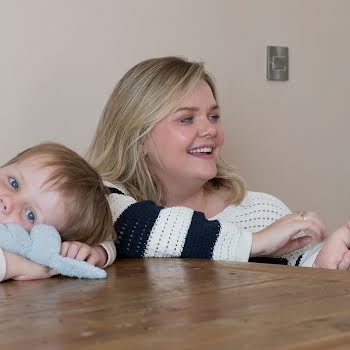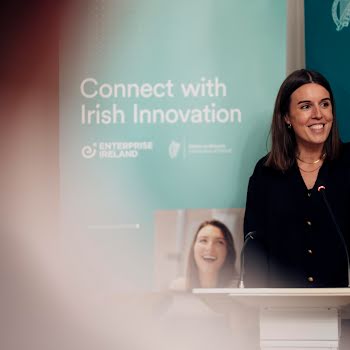
Buy a home or build a family? The heart-breaking decision Irish couples are facing
Thousands of Irish couples are finding themselves having to make a heart-breaking decision: buying a home or trying to build a family, writes Emma Dwyer.
“We made that decision: mortgage or fertility treatment.” Limerick-based Jilly* says, “When we started the whole process, that was the feeling we had. We had gone to a doctor and found out about my fertility problems and we thought, ‘Well, a baby is more important than a house.’ Time was ticking – I couldn’t afford to wait any longer.”
In Ireland, we’re in the midst of a well-discussed housing crisis. Costs are spiralling year on year and renting is becoming the norm for many couples well into their thirties. The average age of people buying a first home rose from 35 to 38 years between 2010 and 2019. People seeking fertility treatments in Ireland are faced with a very expensive process that for some puts mortgage applications on hold and dwindles savings.
There is a huge number of people seeking fertility treatment in Ireland. The HSE estimates that around one in six heterosexual couples in Ireland may experience infertility, and of course there are the same sex couples and single people who opt for fertility treatments, too.
In most other European countries, people can access publicly funded and sometimes free fertility treatment – in Belgium, public funding or partial funding is given for up to six IUIs and six IVF/ICSI treatments; in the UK, women under 40 can receive up to three NHS funded rounds of IVF, while women aged between 40 and 42 receive one.
A real lottery
Jilly and her husband Ronan had been trying to conceive for a number of years when they found out that Jilly had one blocked tube. “IUI was the route we tried first because it was the most affordable one,” she says. Intrauterine insemination (IUI) is a type of artificial insemination. “It is expensive, but it’s affordable in a way in that they will stop it if they think it’s not working and they’ll refund back half the money, and then you start the process again.” They cut their losses after six or seven months of trying to conceive with IUI, which Jilly described as “heart-breaking”, but after one round of IVF, they conceived. “If it wasn’t successful the first time, we wouldn’t have been able to do it a few times. It was really a lottery for us. And we won the lotto the first time around,” says Jilly.
High costs are a concern and sometimes a barrier to patients and those considering fertility treatment. In 2017, the HSE reported that the cost of a single IVF cycle in Ireland was between €4,100 and €5,900 and the cost of an ICSI with donated eggs was between €5,200 and €6,400.
“Had someone said to me, ‘You will struggle to conceive’, I definitely wouldn’t have bothered spending the money I spent on a big wedding.”
Jilly and Ronan have been living in their rental accommodation in Limerick since they returned to Ireland from abroad some years ago. They are now trying to get a mortgage and get some security for their family. “Now we’re at a point where we have this amazing child and what we wanted, but the house prices have sky-rocketed, and getting a mortgage is difficult, so it’s heart-breaking. You should be able to choose both, and we don’t have that choice, really.”
The numbers game
Dublin-based Susan recently conceived naturally before she was due to begin IVF treatment. She and her partner Tom bought a house at the age of 34. “We were the first of our friends who didn’t have big jobs in banks, and bought a house no one else wanted.” Susan sees age as a major concern, not only for herself but for her peers. “What I’m seeing is that people who really want the security of a mortgage have to put everything else on hold to achieve this goal. At the same time, people were advising me from the age of 28 to start trying for kids if I really wanted them.” That wasn’t an option for Susan and Tom. “Having kids earlier often means having kids while renting. This can be incredibly stressful in Ireland. I’ve seen friends uprooted from rental accommodation on a yearly basis, trying to find somewhere to live that is close-ish to childcare or school, and trying to juggle paying high rents and high early childcare costs.” “You do have to decide whether it’s house or baby,” says Betty, who froze her eggs at the age of 42. Later that year, she met her now fiancé and conceived naturally soon after. Unfortunately, that pregnancy ended prematurely in a miscarriage and after trying to conceive again, they went down the route of IVF. “Once you get on the rollercoaster, it’s very hard to get off; once you’re doing IVF, everything else falls away, regardless of what living situation you’re in.”
“If it wasn’t successful the first time, we wouldn’t have been able to do it a few times.”
Betty was living on her own in a small council house designed for one person in Dublin when she met Dan. Dan moved in with her and they saved all their money to invest into IVF. “The rent was cheap, so we were able to do it. At that point, we were throwing money at it. In total, since we started, I spent €34,556 to be exact, but they’re only the figures.”
“This place is too small for two people, never mind a baby as well. It came to a point in late 2021 where we just decided we couldn’t keep spending €7,000 or €8,000 with my own eggs so we decided to go to Prague to have donor egg treatment,” Betty adds. As well as offering no public health route to IVF, Ireland is also the only EU country where there is no specific legislation governing the area of Assisted Human Reproduction. That means that the clinics are private and unregulated, setting their own prices and policies. “In Prague, you’re guaranteed two embryos for €5,500 and if they’re not successful, you get a third round free. We then knew how much it was going to be and we knew we were going to get three rounds out of it, so we knuckled down on the saving. We were able to save our deposit and we bought a house just recently.” Thankfully, they are at a stage now where they have had a successful transfer and are waiting patiently to see if it is a viable pregnancy or not.
Missed opportunities
“It’s obscene to think that the divide comes down to how much money you earn to actually go and have a child or not.” Dublin-based Ada sees the problem as a systemic issue with the healthcare system in Ireland. Ada has one child that was conceived naturally. “I had always had issues with really heavy, painful periods,” she recalls. “My GP sent me to the hospital, and they just threw the Pill at me because I wasn’t trying to conceive and they wouldn’t investigate it.” Ada and her husband started trying to conceive a second child in 2019 and nothing was happening. Ada consulted with her GP and had an ultrasound in 2019, which she was told by two different consultants was clear. After a few months, a midwife rang her and told her she had a huge cyst on her ovary that could be cancerous. It turned out the cyst was endometriosis and she had previously been misdiagnosed. “If that ultrasound had been read correctly or if I had been listened to at 18, 22 or 24 and sent to a fertility clinic earlier – had someone said to me back then, ‘Look, you have a cyst there destroying your ovary, you have endometriosis, you will struggle to conceive’, I possibly wouldn’t have bought the house, and I definitely wouldn’t have bothered spending the money I spent on a big wedding; that would have been put into my IVF and I wouldn’t have waited until I got married to try to have children.”
A new way forward
In 2017, the then Government published the General Scheme of the Assisted Human Reproduction Bill, which is currently before Dáil Éireann, which Minister for Health Stephen Donnelly has said would ensure treatments like IVF are conducted “in a more consistent and standardised way” and with the necessary oversight. Whether the bill is passed or not, it’s clear that fertility treatment needs to be universally accessible – no one should have to choose between a house or a baby.

Ovulation induction (OII)
The development of one or more mature follicles is stimulated in a woman’s ovaries. From €400 per cycle.
Intrauterine insemination (IUI)
Healthy sperm is collected and inserted directly into the woman’s uterus when she is ovulating. Around €900 per cycle.
In vitro fertilisation (IVF)
A woman’s eggs are taken from her ovaries and fertilised by sperm in a lab, where they develop into embryos. The embryos are transferred back to the uterus. Between €4,100-€5,900.
IVF with intracytoplasmic sperm injection (ICSI)
Sperm is injected directly into an egg to assist contraception. The embryos are then transferred back to the womb. From €5,200.
Donor-assisted human reproduction (DAHR)
IVF with donor eggs or donor sperm. Approximately €6,500 per cycle.
Reciprocal IVF
Reciprocal IVF involves eggs being retrieved from one female partner and the other female partner carrying the pregnancy following an embryo transfer. Approximately €8,500 per cycle.
*All names have been changed. Illustrations by Getty. This article originally appeared in the Autumn issue of IMAGE.




